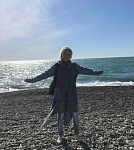A quality education is important for every child, regardless of the country they live in or the language they speak. Education is not only about academic knowledge, but also the key to socialisation, personal development and future career success. For parents moving to Cyprus with their children, it is important to understand how to choose the right school. A school where the child will feel comfortable, develop and gain quality knowledge. The choice may seem difficult, especially if the family has recently moved to the island and has not yet adapted to the new conditions.
The system of primary and secondary education in Cyprus is slightly different from that in Russia, but the general principles remain similar: children go to school at an early age, receive basic education in primary school and then continue their education in secondary school or lyceum. However, there are some key differences to be aware of, especially if your child speaks Russian and has just arrived in Cyprus.
1. How is primary and secondary education organised in Cyprus?
The school system in Cyprus has a clear structure divided into three stages: pre-school, primary and secondary education. Compulsory education begins with primary education and continues until the end of secondary education.
1.1 Pre-primary education
Before entering primary school, children can attend kindergartens and preschools, which are common in Cyprus (as in Russia). Children usually start kindergarten at the age of 3-4 years. It is important to note that kindergartens in Cyprus can be both public and private.
In most cases, the language of instruction is Greek, but there are also English and even Russian-speaking private institutions. Attending kindergarten is not compulsory, but it is an important part of a child's preparation for school, especially if the family plans for the child to attend a public school where the language of instruction is Greek.
1.2 Primary school (Dimotiko)
Primary school begins at the age of 5 years and 8 months (practically 6 years) and lasts 6 years. The primary school programme includes the basic subjects: Mathematics, Greek, Science, History, Civics and Physical Education. During this time, children learn basic skills such as reading, writing and arithmetic, as well as developing communication and teamwork skills.
Children of this age usually learn the language very easily by simply immersing themselves in the environment. Therefore, it makes sense to send your child to a local primary school if he or she does not speak Greek. The language will be learnt quickly and immersion in the new culture will be easy and painless.
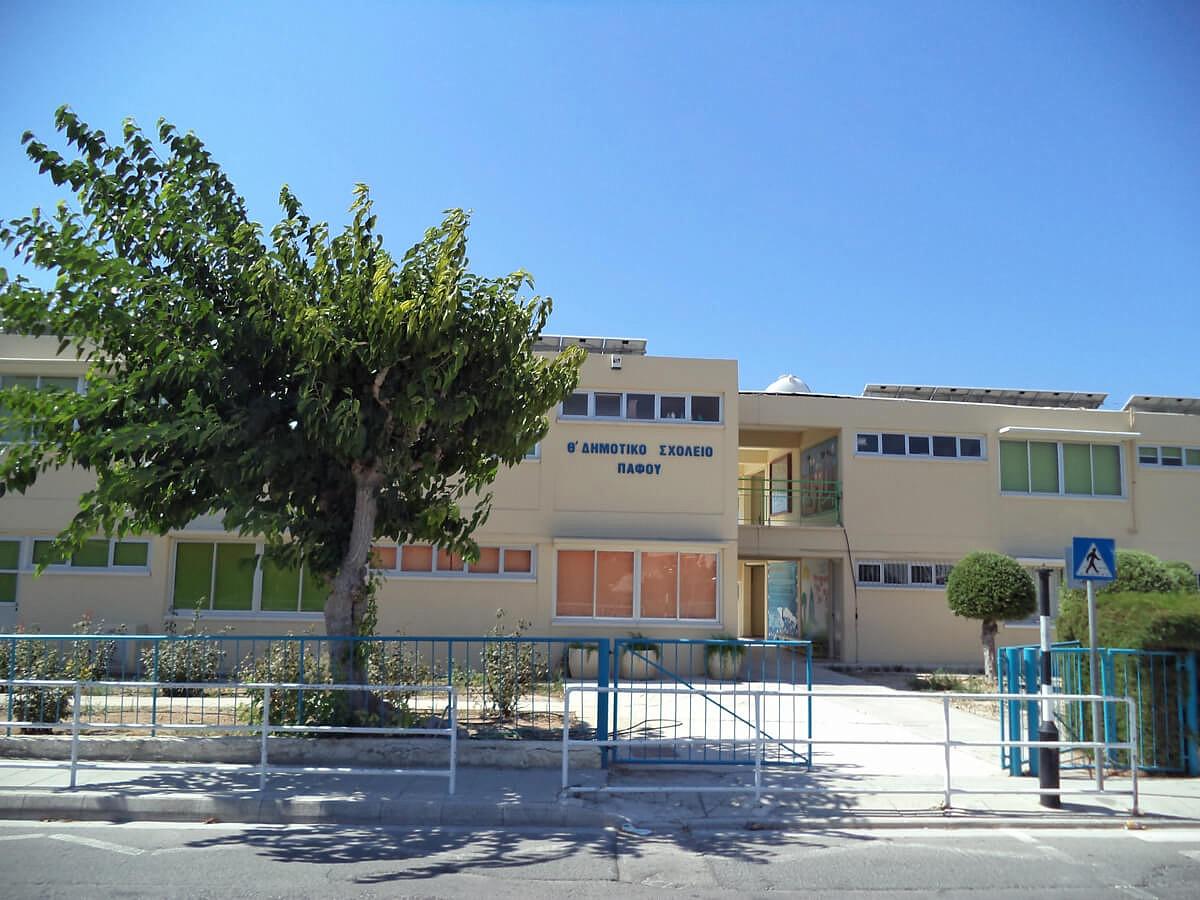
1.3 Secondary education
After primary school, children go to a gymnasium, which is the first stage of secondary education. In general, secondary education is divided into two levels:
- The first stage is the gymnasium, where children study from the age of 12 to 15. Education includes an extended programme of core subjects and additional subjects such as art, music and foreign languages. At the end of the first stage, students may choose to continue their studies at a lycée or technical school.
- The second stage is the lyceum or technical school, which lasts for a further 3 years (i.e. until the age of 18). At this stage, pupils are prepared for higher education or can learn a trade in specialised vocational training programmes.
2. Languages and Studies in Cyprus
For Russian-speaking children who have recently moved to Cyprus, the language of instruction and the curriculum are key factors in choosing a school. There are three main educational models in Cyprus, which differ in terms of language and curriculum content: Greek, English and Russian schools.
2.1 Greek Public Schools
These are the most common schools in Cyprus and are taught exclusively in Greek. The state programme is locally based and is designed so that children gradually learn both academic subjects and the language and culture of Cyprus.
Note: English is taught as a foreign language in Cyprus' municipal schools.
For Russian-speaking children aged 8-10 who have just moved to the island and do not speak Greek, studying in such a school can be difficult. However, many public schools offer adaptation programmes for children who do not speak Greek. The advantage is that the children integrate into local society and learn Greek, which may be important for future residence on the island.
2.2 British state schools
A second popular option is British state schools, where education is provided in English. These schools offer an international standard of education, focusing on GCSE and A-level examinations, which open the door to universities in the UK, Europe and the USA.
English is the universal language of international communication and studying at such a school is an excellent option for children planning to study or work abroad. It should be noted, however, that English schools charge tuition fees, which can range from €7,000 to €15,000 per year, depending on the level and reputation of the school.
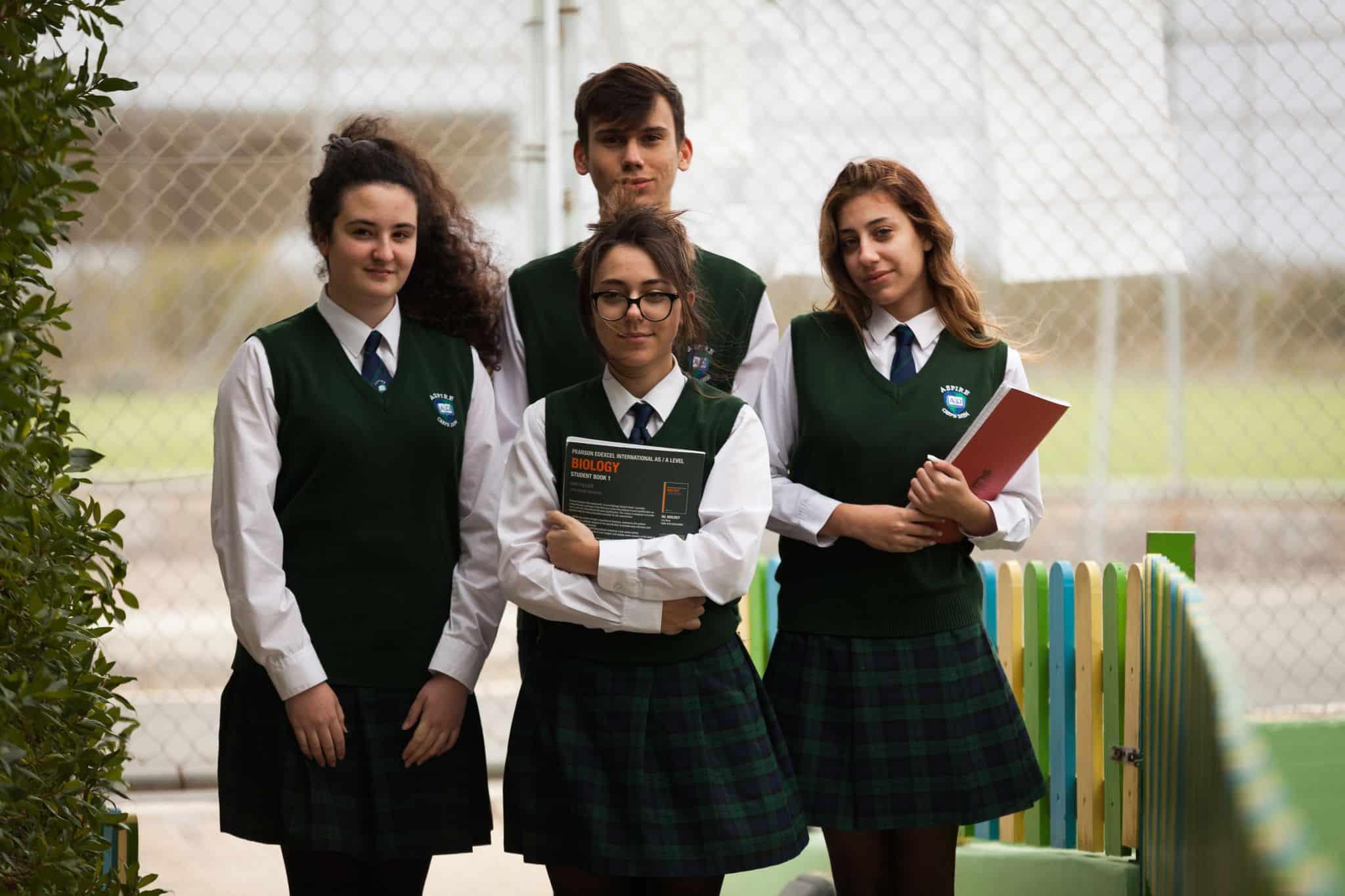
2.3 Russian Schools
There are several private Russian schools in Cyprus where education is provided in the Russian language under the Russian educational programme. This is an excellent option for children who plan to return to Russia and continue their studies under the Russian system.
Russian schools offer all the usual subjects and prepare children for the USE, which makes it easier for them to enter Russian universities. It should be noted, however, that Russian schools offer a smaller range of extra-curricular programmes and opportunities for international education than British or Greek schools.
3. Public schools in Cyprus
Public schools in Cyprus are free for all citizens and residents of the country.
Note: Residents of the Republic of Cyprus are persons legally residing on the island on the basis of a residence permit (residence permit, permanent residence permit). A residence permit can be issued for a number of reasons, including the purchase of expensive property.
Education in municipal schools is entirely in Greek and the basic programme is structured according to national standards. In primary school (Dimotiko), children study basic subjects such as mathematics, Greek, science, history and the basics of art.
An important feature of public schools is that children not only acquire academic knowledge, but also actively participate in the cultural life of Cyprus. Festivals, traditions, participation in local events - all help to immerse children in the local culture and to better understand Cypriot society. Russian-speaking children attending public schools become fully proficient in Greek within a few years and integrate into the local environment.
Public schools in Cyprus are an excellent option for children whose families plan to stay on the island for a long time or move here permanently. They provide a quality education free of charge and fully in line with national standards. However, Russian-speaking children may find it difficult to adapt, especially if they do not speak Greek. This is especially true for children who are already 8-10 years old.
Advantages of Cypriot public schools:
- Free education. Public schools do not charge tuition fees, making them an attractive option for families of all income levels.
- Integration into local society. Attending a public school allows children to adapt more quickly to life in Cyprus, learn Greek and become familiar with Cypriot culture. This is particularly beneficial for children whose families plan to remain on the island for an extended period of time.
- High level of education. The public education system in Cyprus is recognised as one of the best in the Mediterranean region and many schools offer excellent quality teaching in core subjects.
- Language immersion. Russian-speaking children attending state schools quickly learn Greek, which can be an important advantage for their future studies and work in Cyprus.
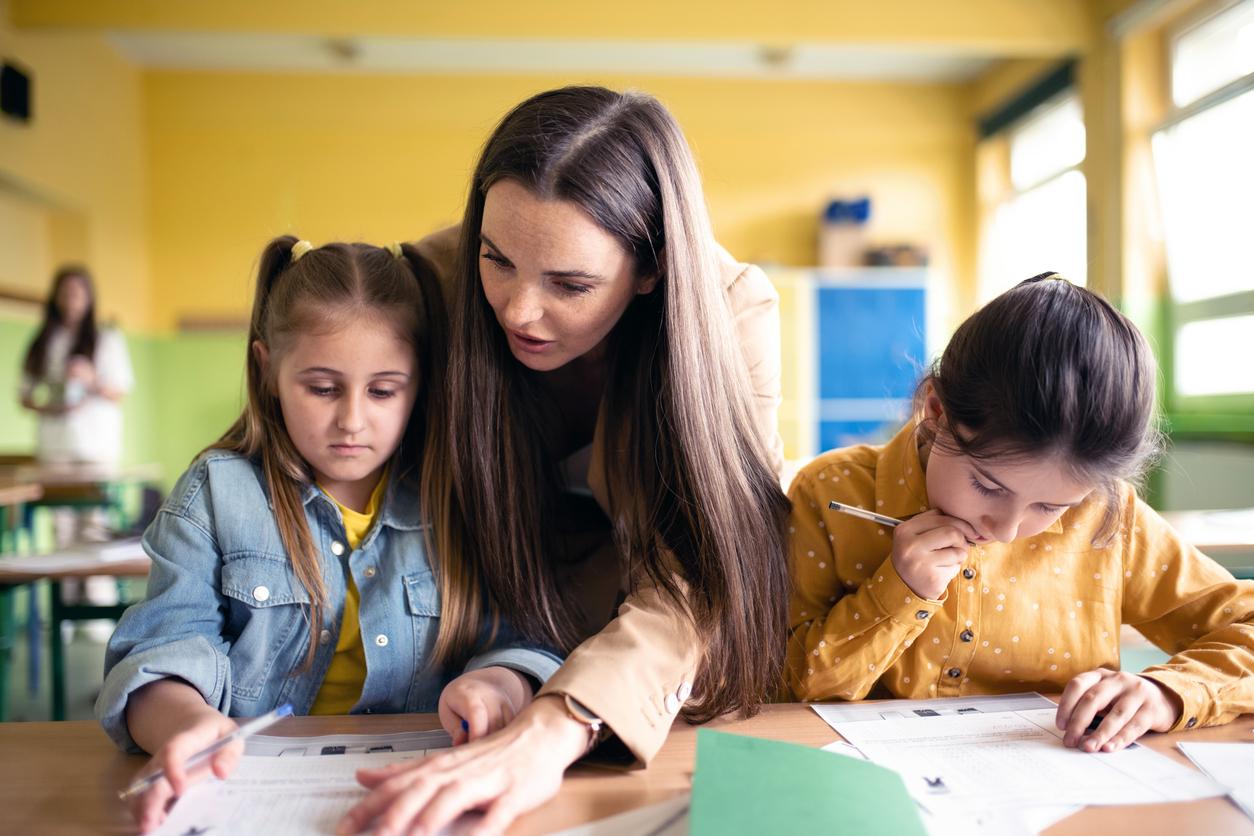
Disadvantages:
- Language barrier. For Russian-speaking children who have recently moved to Cyprus, learning in Greek can be a challenge. Some children may have difficulty learning a new language. This can be solved by tutoring or special adaptation courses (available in Nicosia and Limassol).
- Limited programmes for foreigners. Although public schools have support programmes for children who do not speak Greek, these may not be sufficient for a child to adapt quickly.
- Less emphasis on international education. Unlike British public schools, state schools focus on domestic Cypriot standards, which may limit opportunities to enter foreign universities without additional effort.
4. British state schools in Cyprus
British private schools in Cyprus are very popular with both locals and expatriates living on the island. These schools offer an English language education based on the British system and allow children to prepare for international exams such as GCSEs and A-levels. These qualifications are recognised by universities in the UK and many other countries, making British schools an excellent choice for families planning an international future for their children.
British state schools also offer a high standard of teaching, an emphasis on individual attention for each pupil and a wide range of extra-curricular activities. School programmes focus on the holistic development of the child, including academic, sporting and creative skills.
Advantages of British schools:
- International education. The British curriculum is recognised worldwide and children who study at such schools gain qualifications that are recognised by universities in the UK, Europe, the USA and other countries.
- English language education. English is the international language of communication and children studying in British schools have the opportunity to become fluent in English to the level of a native speaker.
- High standards of teaching. British schools are renowned for the quality of their teaching and their emphasis on developing children's critical thinking, independence and leadership skills.
- Extensive opportunities for extra-curricular activities. British schools have a strong emphasis on sport, art, music and other extra-curricular activities that help children to develop not only academically but also creatively and physically.
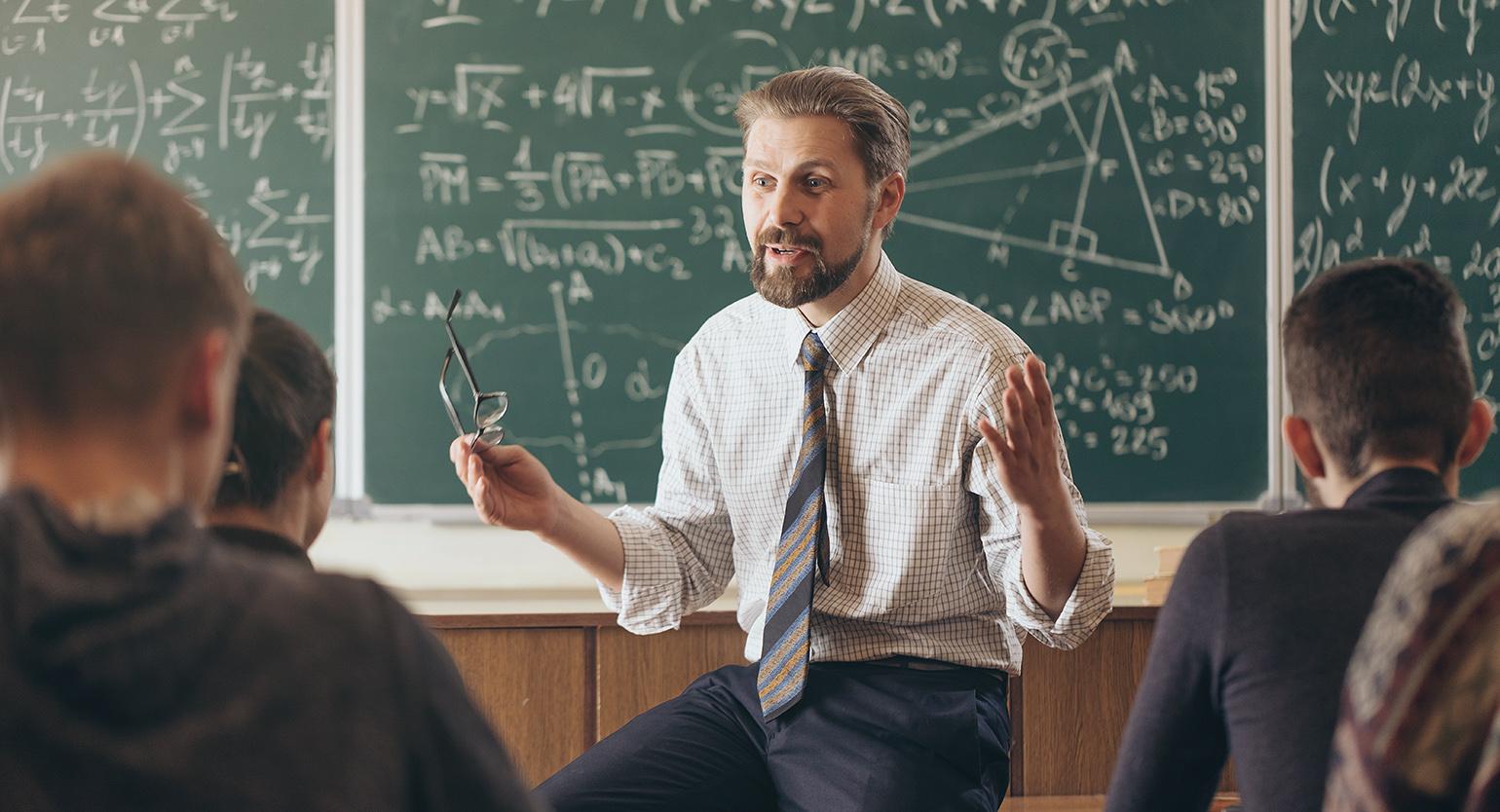
Minuses:
- High tuition fees. British private schools are fee-paying and tuition fees range from €7,000 to €15,000 per year. This can be a significant financial burden for some families.
- Adjusting to a different education system. If a child has previously studied in another system, such as Russian or Greek, it may take time to adapt to the British education system, which emphasises independence and project work.
5. Russian Schools in Cyprus
Russian schools in Cyprus are rare, but they provide an important educational option for Russian-speaking families who wish their children to follow a Russian curriculum. Education in these schools is provided in Russian and the curriculum is fully compliant with Russian educational standards. This means that children can easily return to the Russian education system at almost any time, pass the USE and enter Russian universities.
Russian schools in Cyprus are mostly located in large cities such as Limassol, Larnaca and Nicosia, where a significant number of Russian-speaking families live. These schools offer education from 1st to 11th grade, and upon graduation, children receive a Russian-style certificate.
Advantages of Russian schools:
- Education in the mother tongue. For Russian-speaking children, teaching in their mother tongue makes it much easier to absorb the material, which is particularly important in the first few months of adjusting to a new place.
- Preparation for enrolment at Russian universities. Russian schools follow the Russian educational programme, which makes it easier for children to prepare for the USE and further admission to Russian universities.
- Comfortable environment for Russian-speaking children. In Russian schools, children can communicate with their peers in their mother tongue, which helps them adapt more quickly to their new life in Cyprus.
Disadvantages of Russian schools:
- Limited opportunities for foreign language learning. Russian schools tend to offer fewer opportunities to learn English or Greek at native level. This can be an obstacle for those children who plan to go to university outside Russia or stay in Cyprus.
- Less choice of extra-curricular programmes and clubs. Unlike British or Greek schools, Russian schools in Cyprus may offer a more limited range of extra-curricular activities such as sports, music or art.
- Fewer international programmes. Russian schools in Cyprus do not offer the opportunity to take international exams (GCSEs or A-levels), which severely limits opportunities for entry to universities outside Russia.
The cost of tuition at Russian schools in Cyprus varies, but averages between €4,000 and €8,000 per year. This is a more affordable option than British schools, but still a significant expense for families.

6. Conclusion: Which school should I send my child to in Cyprus?
The choice of school in Cyprus for a Russian-speaking child depends on many factors: the family's plans for the future, the level of language skills, preferences in the educational system and financial possibilities. Here are some typical situations.
6.1 The family is living in Cyprus temporarily
If your family has moved to Cyprus for a few years for work or other reasons and you plan to return to Russia, the best option is a Russian school. This will allow your child to continue the usual programme in his/her mother tongue and to return to the Russian education system without difficulties.
6.2 The child is a teenager and has 1-2 years left to graduate from high school.
6. Conclusion: Which school should I send my child to in Cyprus?
The choice of school in Cyprus for a Russian-speaking child depends on many factors: the family's plans for the future, the level of language skills, preferences in the educational system and financial possibilities. Here are some typical situations.
6.1 The family is living in Cyprus temporarily
If your family has moved to Cyprus for a few years for work or other reasons and you plan to return to Russia, the best option is a Russian school. This will allow your child to continue the usual programme in his/her mother tongue and to return to the Russian education system without difficulties.
6.2 The child is a teenager and has 1-2 years left to graduate from high school.
For teenagers who have one or two years left of school, it is important to minimise the stress of a change of curriculum and language. If you are planning to return to Russia or enrol in a Russian university, a Russian school is the best choice. It will allow you to maintain your usual educational programme, prepare for the USE and avoid the difficulties of transferring to a new educational system. Transferring to a Greek or British school at this age may be too difficult because of the need to learn new subjects in a different language.
However, if the family plans to continue living in Cyprus or another English-speaking region, British schools are worth considering. In two years, the child can adapt to the British education system and prepare for international exams that will open doors to universities in the UK, USA and other countries.
6.3 The family plans to stay in Cyprus permanently
For families who plan to stay in Cyprus permanently, the best option is a Greek public or private school. In this case, the child will be taught in Greek, which will greatly facilitate his/her integration into Cypriot society. Public school education is free of charge, making this option financially viable, especially for long-term residents.
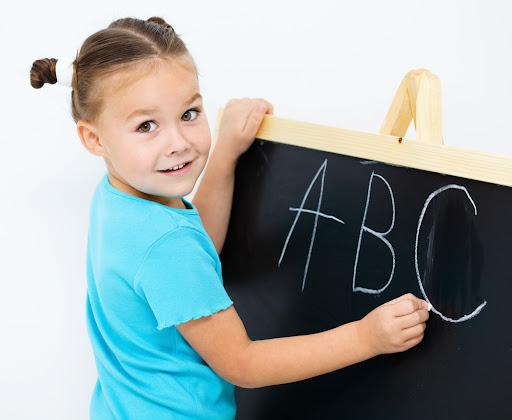
It is worth bearing in mind that children who come to Cyprus at a younger age will find it easier to learn the Greek language and adapt to the local education system. Public schools offer basic education programmes and gradually introduce the child to Cypriot culture. As a result, the child will receive a quality education and master the Greek language, which will be an important advantage for further study and work in Cyprus.
For children who have already started school and have a reasonably good command of English, British schools can be considered. They are also an excellent option for children who intend to live in Cyprus but plan to study internationally. In such schools the child will be taught in English, ensuring a high quality education and preparation for international examinations.
6.4 The family plans to study abroad
If the family's main aim is to enable the child to enter a prestigious university abroad, for example in the UK, USA or Europe, then a British state school will be the best choice. These schools offer education based on the British system, with an emphasis on international examinations such as GCSEs and A-levels, which are recognised by all the world's leading universities.
Summary: Some families move to Cyprus specifically so that their children can be educated in a British school.
British schools in Cyprus provide a strong academic foundation and help children develop the critical thinking, independence and leadership skills that are essential for success at prestigious universities.
However, it is worth bearing in mind that the cost of studying at such schools is quite high. At the same time, investing in a British education will give your child access to the world's best educational institutions and a wide range of future career opportunities.
7. Financial Considerations
When choosing a school in Cyprus, it is important to consider the financial aspects. State schools are free of charge, making them an attractive option for families living permanently in Cyprus. However, if your plans include international education or studying at universities outside Cyprus, it is worth considering state schools which charge tuition fees.
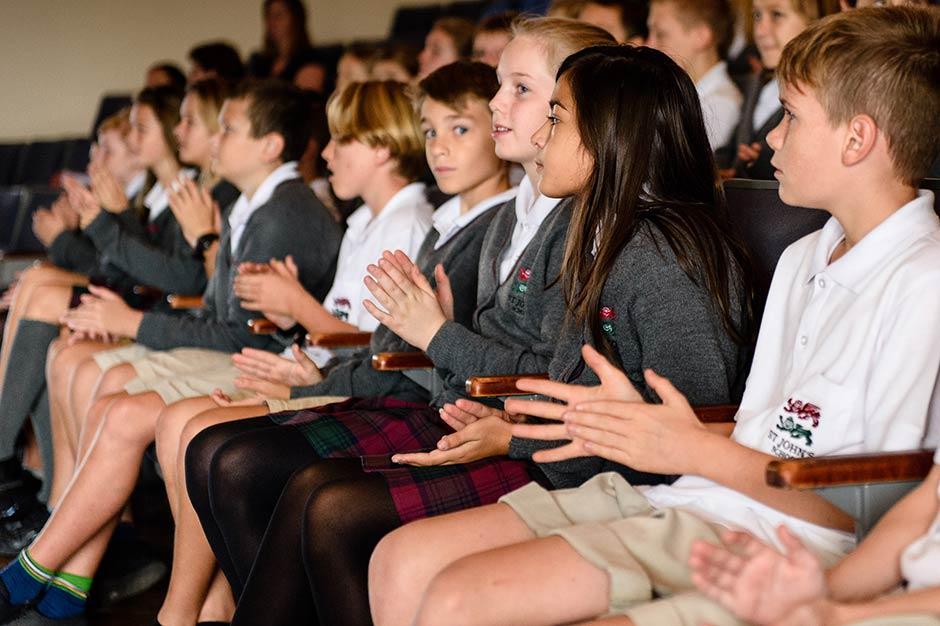
The cost of studying in a public school varies depending on the type of school and programme. British schools are considered to be among the most expensive and can cost up to 15 thousand euros per year. At the same time, education in Russian schools is cheaper - from 4 to 8 thousand euros per year. It is not just the tuition fees that need to be taken into account, but also the additional costs of school supplies, textbooks, uniforms and extra-curricular activities.
Choosing a school for a child in Cyprus is a serious decision and many factors need to be taken into account, such as the language of instruction, future plans, the age of the child and the family's financial capacity. If the family is planning a temporary stay in Cyprus, the best choice is a Russian school, which will provide the child with a familiar curriculum and preparation for entry into Russian universities.
If you are planning to live on the island for a longer period, you should prefer a state school, where your child will be able to learn Greek and integrate into Cypriot society. British schools are suitable for families who value international education and want their children to have the opportunity to attend the world's leading universities.
Don't forget that whichever school you choose, your child's comfort and well-being is the most important factor. When choosing a school, consider not only academic performance, but also whether the school supports children's development, interests and needs.
Read also:

